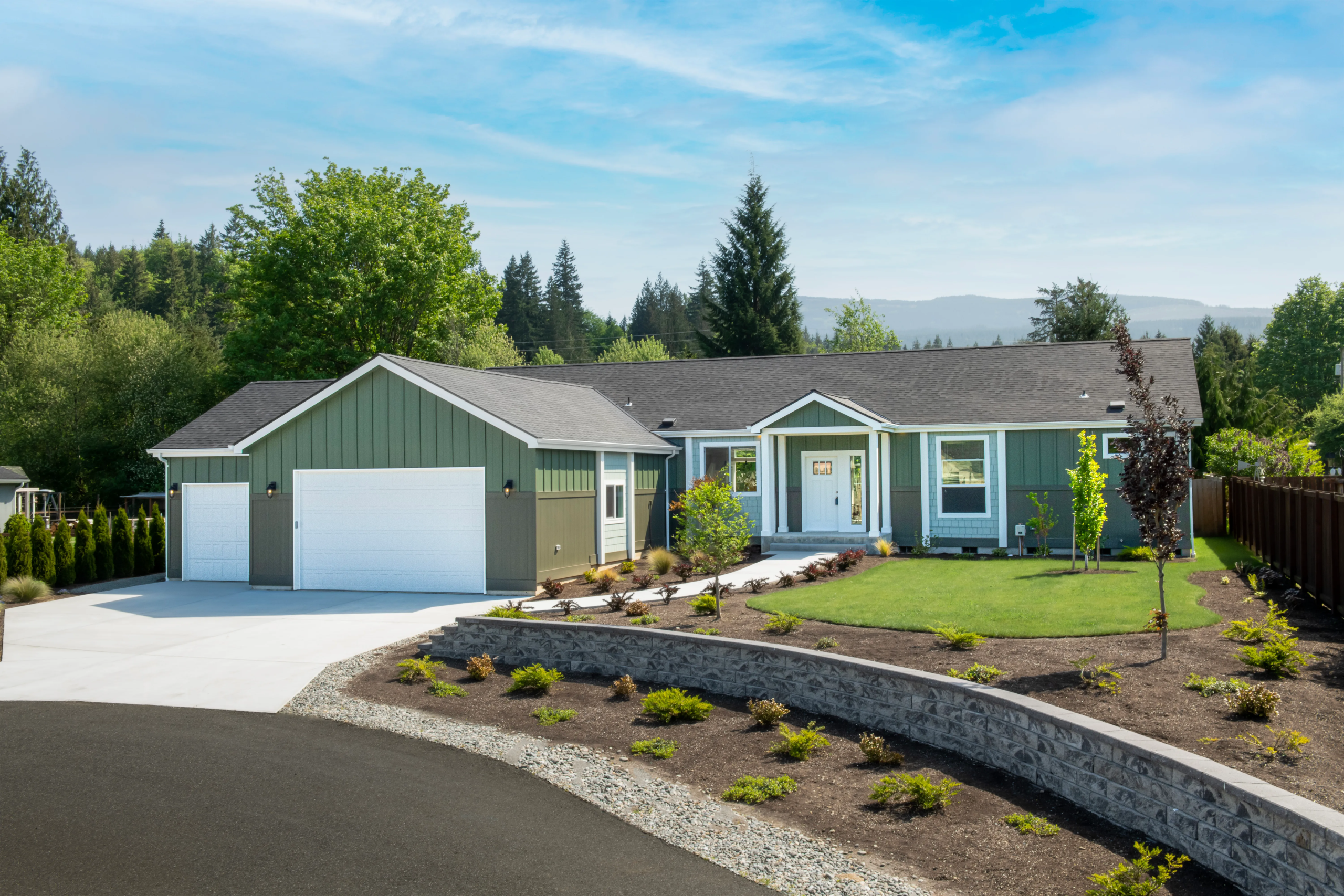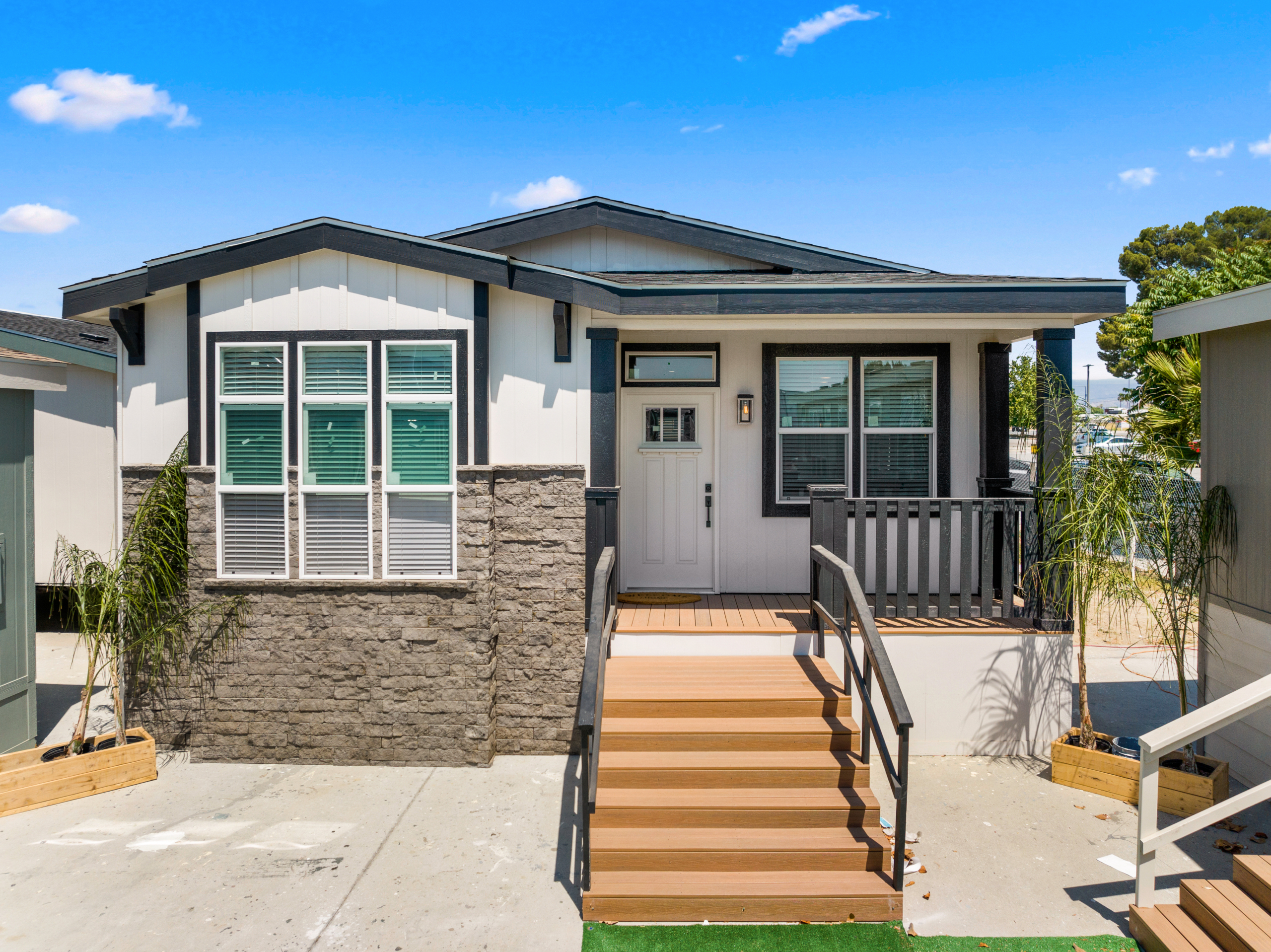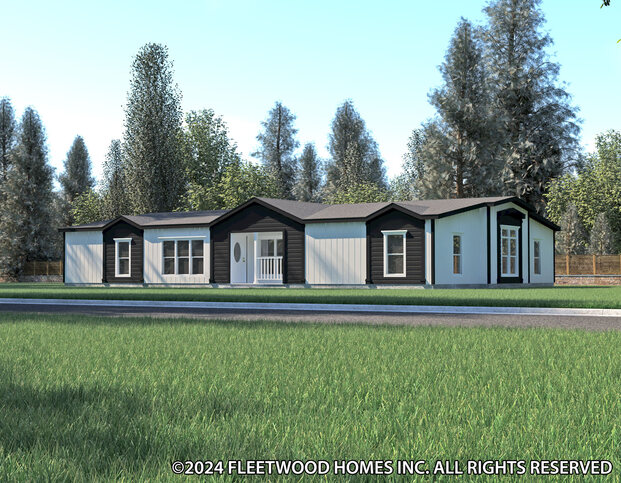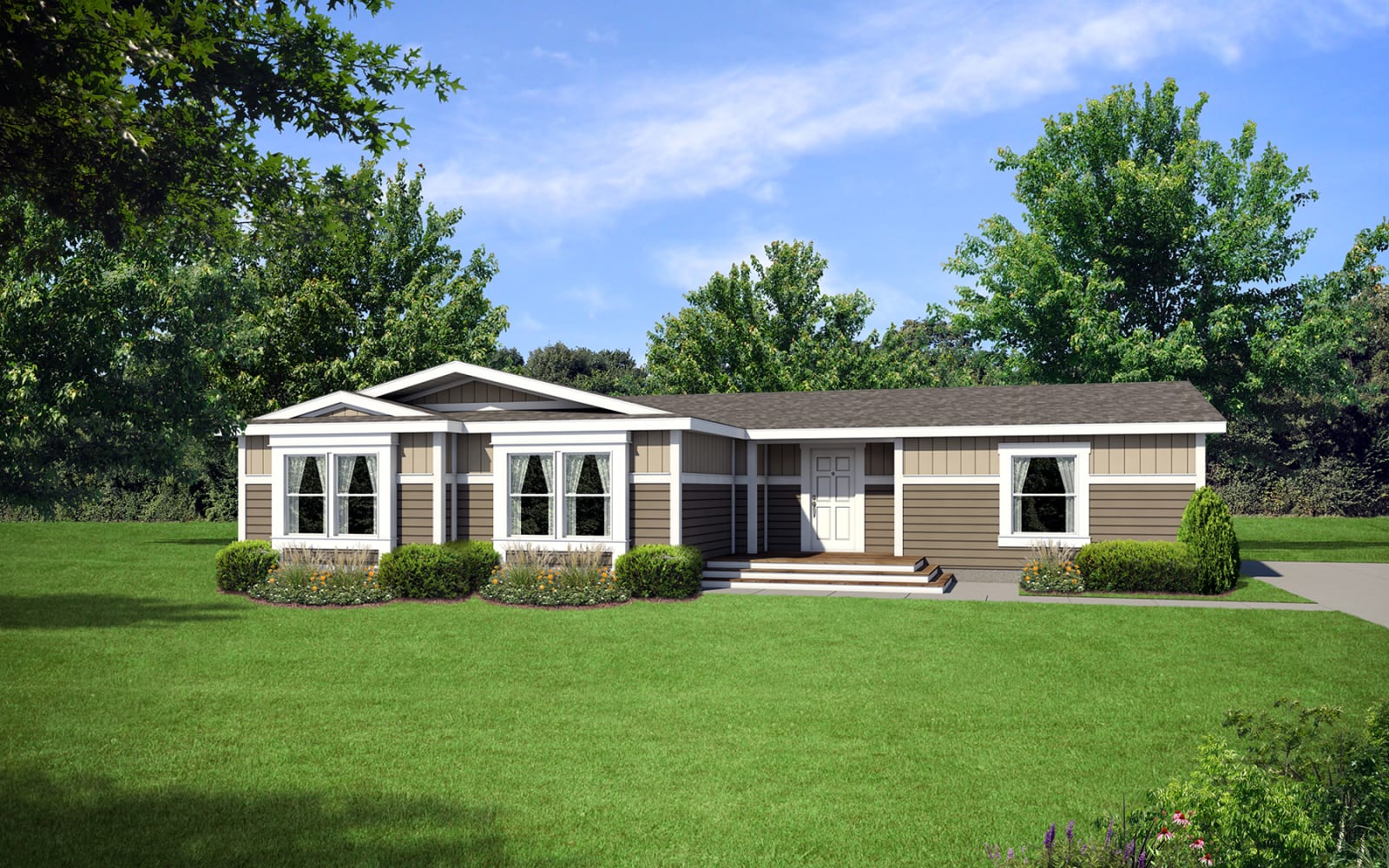The "Casita Bill" and What it Means for Arizonans
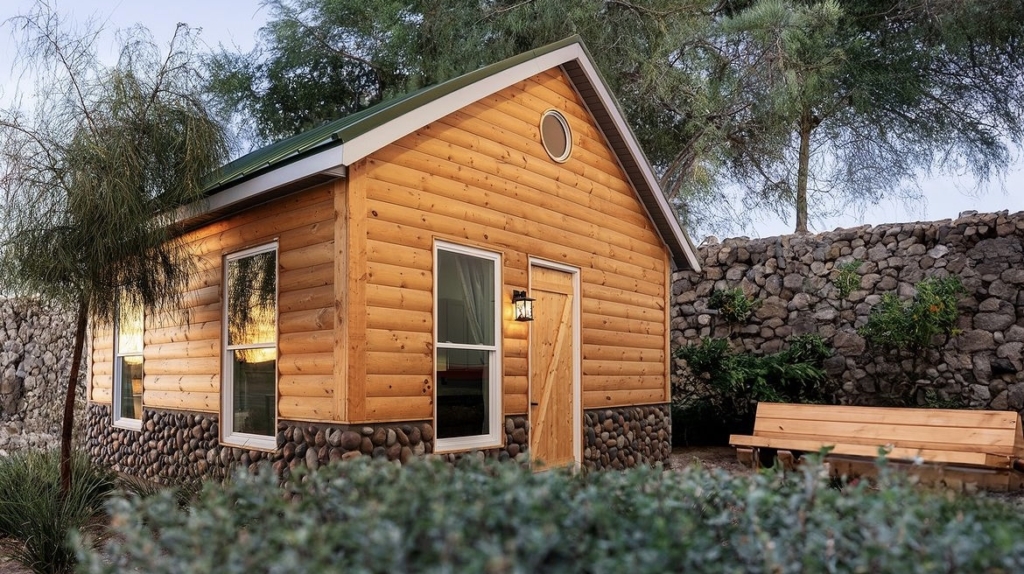
The recently enacted House Bill 2720, also known as the “Casita Bill,” introduces significant changes to Arizona’s housing landscape, specifically targeting the regulation of accessory dwelling units (ADUs). Here’s a detailed look at what this bill entails and how it will impact residents of the state.
Key Provisions of the Casita Bill
Allowing ADUs on Single-Family Lots:
- Municipalities with populations over 75,000 must permit at least one attached and one detached ADU on lots where single-family homes are allowed.
- On lots larger than one acre, an additional detached ADU is permitted if one of the ADUs is designated as affordable housing.
Size and Use Regulations:
- ADUs can be up to 75% of the main home’s gross floor area or 1,000 square feet, whichever is smaller.
- Municipalities cannot restrict the use or advertisement of either the main home or ADUs as separately leased long-term rentals.
- No requirement exists for the relationship between the occupants of the main home and the ADU.
Parking and Design:
- No additional parking spaces are required for ADUs, nor can municipalities impose fees instead of parking requirements.
- ADUs do not need to match the exterior design of the primary dwelling.
Setback and Building Codes:
- Setbacks for ADUs cannot exceed five feet from property lines.
- ADUs must adhere to standard building codes but cannot be subjected to commercial building codes or mandatory fire sprinklers.
Public Infrastructure:
- Municipalities cannot demand public street improvements for ADUs, except when necessary to repair streets disturbed by ADU construction.
Implementation Timeline:
- If a municipality fails to adopt the necessary regulations by January 1, 2025, ADUs will automatically be allowed on all residentially zoned lots without restrictions.
Benefits and Impact
Increased Housing Options: The bill facilitates the creation of more housing units, addressing the shortage of affordable housing and providing more options for families and individuals.
Simplified Regulations: By reducing bureaucratic hurdles and prohibiting overly restrictive regulations, the bill makes it easier for homeowners to build and lease ADUs.
Enhanced Property Utilization: Homeowners can generate additional income by leasing ADUs, potentially improving the financial viability of their properties.
Community and Urban Development: The development of ADUs can lead to more dynamic and diverse communities, offering housing solutions that are integrated into existing neighborhoods.
Considerations and Exceptions
Private Covenants: While the bill limits municipal regulations, it does not interfere with private covenants or agreements between homeowners that may impose their own restrictions on ADUs.
Public Safety and Utility Easements: ADUs cannot be built over public utility easements without consent from the utility providers.
Exempt Areas: The bill does not apply to properties on tribal lands, near military or FAA airports, or in specific aviation-related zones.
Conclusion
House Bill 2720 marks a significant shift in Arizona’s approach to housing development, particularly in urban areas. By easing restrictions and promoting the construction of accessory dwelling units, the state aims to tackle housing shortages, offer more rental options, and support homeowners in utilizing their properties more effectively. The “Casita Bill” is set to make a notable impact on the housing market and community planning in Arizona.

